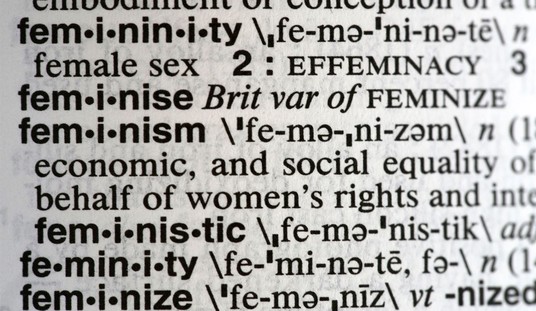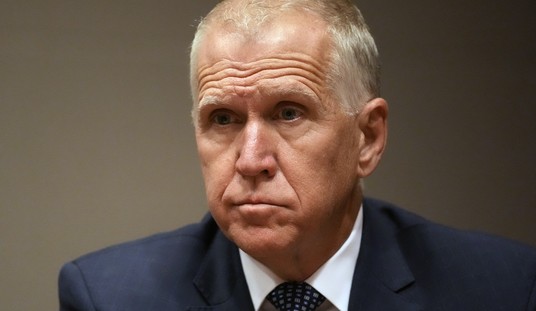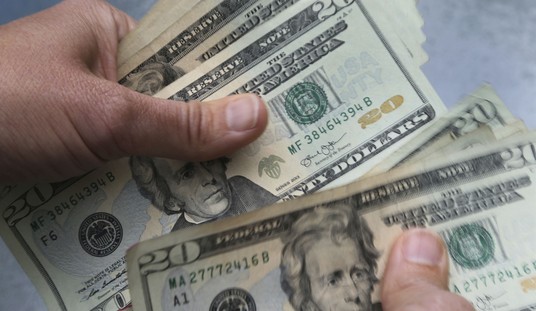Editor's note: A version of this article first appeared at FoxNews.com. It was also co-authored by Michael Reagan.
As President Obama and Democrats urge Republicans to increase taxes, some liberals are curiously invoking the name of Ronald Reagan, the ultimate tax-cutting Republican. They insist that even Reagan was willing to compromise with Democrats on tax increases; thus, John Boehner and Republicans should as well. In truth, this is (at best) a false parallel.
It is correct that Ronald Reagan occasionally compromised on certain tax increases, as he did in 1982. He did so in exchange for promised spending cuts from Democrats that never materialized, to his great regret. Reagan would constantly point back to this broken promise by Democrats.
More importantly, however, President Reagan never budged on income taxes. He flatly refused to increase income taxes, which is what President Obama demands of Republicans right now. Reagan understood that not all taxes, and thus not all tax increases, were equal.
For insight into Ronald Reagan’s thinking, consider what he did in 1981, when faced with a stagnant economy: At his California ranch on August 13, 1981, Reagan, working with a Democratic House and Republican Senate, secured a 25 percent across-the-board reduction in income tax rates over a three-year period beginning in October 1981. Eventually, through this and later cuts, the upper income-tax rate was slashed from 70 percent to 28 percent.
After a slow start through 1982-83, the stimulus effect of the tax cuts was extraordinary, sparking a huge peacetime economic expansion. The “Reagan Boom” produced not only prosperity but—along with the Soviet collapse that he worked to precipitate—helped generate budget surpluses in the 1990s.
Recommended
And contrary to the history that liberals continue to rewrite, the Reagan tax cuts did not decrease the revenue to the U.S. Treasury. To the contrary, tax revenues under Reagan rose from $599 billion in 1981 to nearly $1 trillion in 1989. The problem was that outlays (i.e., government spending) all along exceeded revenues, soaring from $678 billion in 1981 to $1.143 trillion in 1989.
The cause of the Reagan deficits—bear in mind that Reagan inherited a chronic deficit—was the decline in revenue from the 1982-83 recession and (as is always the case) excessive federal spending.
Spending has long been, and still remains, the primary reason for our fiscal crisis. This has been especially true since the massive growth of the federal government begun in the 1960s by LBJ’s Great Society.
Proof of this is as easy as Googling the words “historical tables deficit.” You will see two go-to sources for budget data: “OMB historical tables” and “CBO historical tables.” “OMB” is Office of Management and Budget. “CBO” is Congressional Budget Office. To keep it simple, look at the data from OMB, President Obama’s own budget office. At the OMB link is Table 1.1, “Summary of Receipts, Outlays, and Surpluses or Deficits: 1789-2016,” an official report of all federal spending since the founding of the republic.
A close read of that chart offers a stunning display in fiscal irresponsibility. As the first two columns show, receipts (i.e., revenues) and outlays (i.e., expenditures) moved up and down throughout the first roughly 180 years of our history. In 1965, however, something historically perverse began: Spending started increasing every single year, without exception, into the Obama presidency, from 1965-2009. A slight decrease came only in 2010, but then spending promptly ratcheted right back up, and remains on a steady upward trajectory through 2017.
There are few constants in the universe: gravity is one, the sun is another. Add another: spending by Washington; it goes up every year.
Worse, in 2009, President Obama and the Democratic Congress responded to the slow economy with a gigantic spending infusion: an $800-billion “stimulus” package that further exploded our record deficit/debt. The “stimulus” was a costly waste that continues to bury us.
In short, this is why Republicans should not agree to Democrats’ demands for tax increases. This nation has a spending problem—a grave one—not a tax-revenue problem. Our problem today is reckless big government.
At his 1981 inaugural, Ronald Reagan, referring to the economic crisis he faced, declared that “government is not the solution … government is the problem.”
Just days after his inaugural, Barack Obama professed the opposite: “[A]t this particular moment, the federal government is the only entity left with the resources to jolt our economy back into life. It is only government that can break the vicious cycle where lost jobs lead to people spending less money which leads to even more layoffs.”
To repeat: Ronald Reagan never budged on marginal income-tax rates. He decreased them, big-time. Barack Obama is demanding that they be increased. Ronald Reagan, we suspect, would be fully supportive of current Republicans holding their ground on tax rates—especially given our federal government’s unparalleled inability to control its reckless spending.

























Join the conversation as a VIP Member